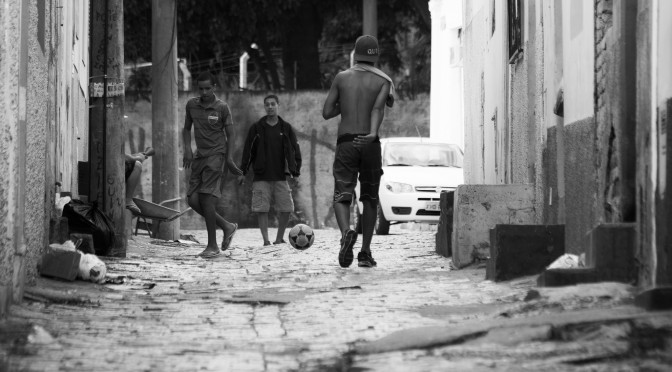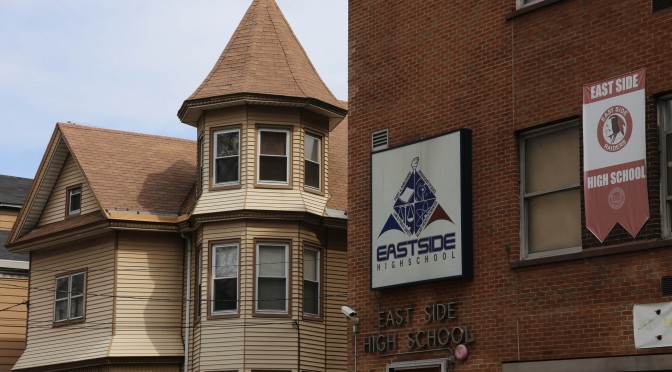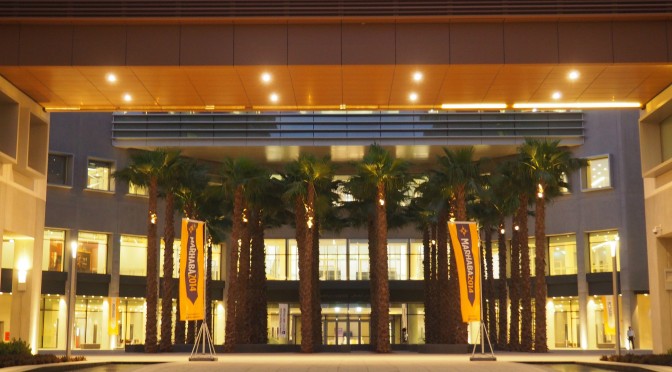Kafui Attoh is an Assistant Professor of Urban Studies at the Murphy Institute.
The World Cup is upon us! All praise be to FIFA! In less than a week, millions of people worldwide will tune into what promises to be the largest global bread and circus event of the year. Indeed, an estimated half a million fans will descend on Brazil itself — no doubt, to partake in the spectacle first hand. As is now common with these mega events, the World Cup boasts its own theme song — a predictably forgettable anthem by J-Lo and Pitbull called “We Are One (Ole Ola).” It will also have its own cuddly mascot — Fuleco, an anime-inspired “three-banded Armadillo.” Reportedly, Fuleco is modeled on an endangered species native to Brazil.
With all the makings of a Hollywood blockbuster, the World Cup is a big deal. For the host nation, the finances alone are absurd. Since “winning” the right to host the tournament seven years ago, Brazil has spent $11.3 billion on Cup related infrastructure projects. Many of these projects — despite the desperate need for hospitals and better transit — have been limited to new arenas and new stadiums. An additional $800 million has been spent on security alone as roughly 170,000 security personnel have been dispatched across the country to regulate crowds and secure arenas. “Ordem without Progresso,” as Brazilians might say.
Continue reading The World Cup: Panem et Circenses et Transit (Killjoy Alert!)







